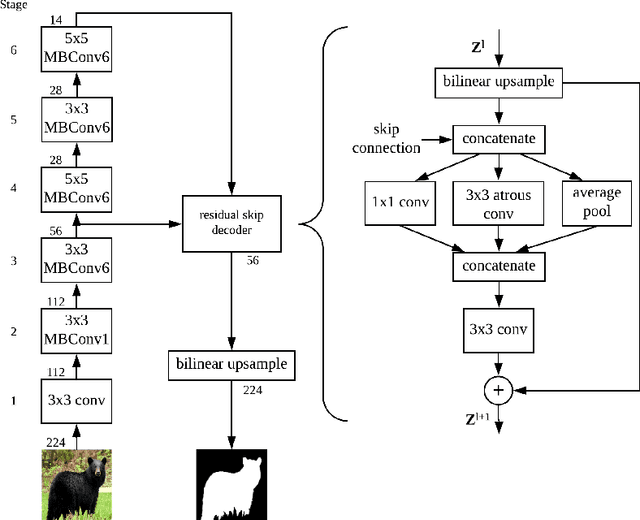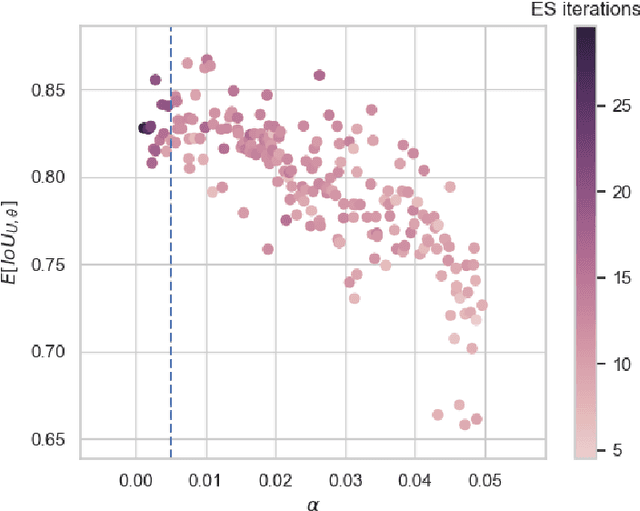Andrew B. Leach
Meta-Learning Initializations for Image Segmentation
Dec 13, 2019



Abstract:While meta-learning approaches that utilize neural network representations have made progress in few-shot image classification, reinforcement learning, and, more recently, image semantic segmentation, the training algorithms and model architectures have become increasingly specialized to the few-shot domain. A natural question that arises is how to develop learning systems that scale from few-shot to many-shot settings while yielding competitive performance in both. One scalable potential approach that does not require ensembling many models nor the computational costs of relation networks, is to meta-learn an initialization. In this work, we study first-order meta-learning of initializations for deep neural networks that must produce dense, structured predictions given an arbitrary amount of training data for a new task. Our primary contributions include (1), an extension and experimental analysis of first-order model agnostic meta-learning algorithms (including FOMAML and Reptile) to image segmentation, (2) a novel neural network architecture built for parameter efficiency and fast learning which we call EfficientLab, (3) a formalization of the generalization error of meta-learning algorithms, which we leverage to decrease error on unseen tasks, and (4) a small benchmark dataset, FP-k, for the empirical study of how meta-learning systems perform in both few- and many-shot settings. We show that meta-learned initializations for image segmentation provide value for both canonical few-shot learning problems and larger datasets, outperforming ImageNet-trained initializations for up to 400 densely labeled examples. We find that our network, with an empirically estimated optimal update procedure, yields state of the art results on the FSS-1000 dataset while only requiring one forward pass through a single model at evaluation time.
 Add to Chrome
Add to Chrome Add to Firefox
Add to Firefox Add to Edge
Add to Edge